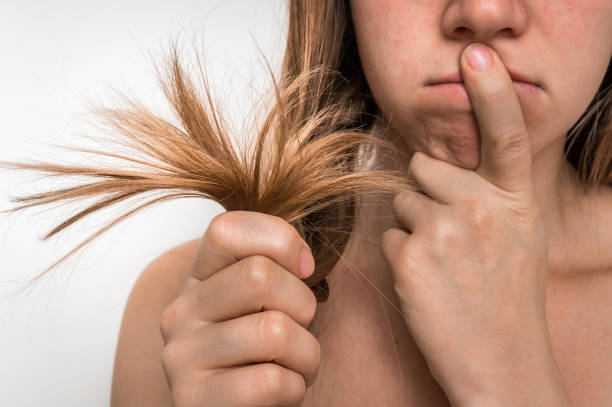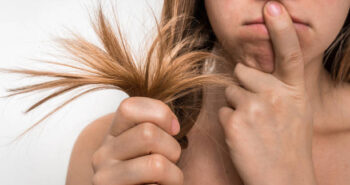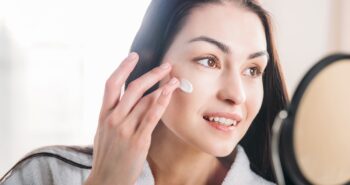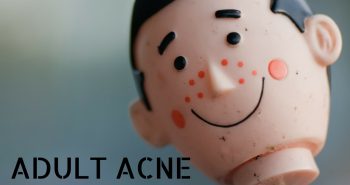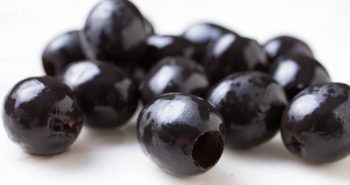You probably know the answer to that. It does.
Does water hardness cause hair loss? Now is when we look at all the scientific research done on hard water and hair damage. Does it mean people/ scientists/ doctors/ dermatologists have already done some research on this seemingly superfluous issue? Of course, they have, and thank God, they did! And how – they have taken this question all the way to the electron microscopy (which is very, very high levels of research). This helps people like me to answer, correctly and scientifically, questions asked by people like you!
Now let’s evaluate the evidence we have. This is a long one, so pick up that popcorn.
The most recent data, comes from Pakistan, where they have compared the tensile strength of the hair, after hard water and demineralised water treatments, respectively, for 3 whole months. And found that, the hard water usage (10 min exposure, alternate days for 3 months), decreased the tensile strength of the hair, as compared to the hair exposed to demineralised water. Now, this is important information – as we know that less strong hair is more prone to breakage and splitting. So yes, as per this study, hard water does damage hair.
But wait, is this information absolutely true? Like everything scientific,(which is where the quacks prey on poor innocents), there is always space for dissent. A couple of other studies (there are quite a number from India) found that there was no change in tensile strength, even though – yes, some mineral deposition did happen. The Pakistan study, compared hard water exposure to demineralised water. In contrast, the Indian study with the electron microscope used bottled, drinking water – which is what people actually use to wash their hair when the tap water is too hard. So I am naturally taking the Indian study seriously, because of its real life simulation.
There is also one other Indian study that says that distilled water treated hair was slightly stronger than hard water treated hair. But wait, another study by the same group concluded that the hardness of water did not affect the elasticity or tensile strength of hair. As most of us don’t practically use distilled water, I am leaving this one out.
One very important thing is this – hair that was previously damaged (or treated) got further damaged, even with exposure to soft water. While previously strong hair, remained strong even with exposure to hard water. And how does strong hair get made – from what goes inside you, namely nutrition, and your inherent genetics which determine your hair qualities.
So here are the conclusions:
- Water hardness does damage the hair fiber, but the level of damage varies a lot.
- It is okay to use mineral water to wash the hair for reducing the damage, but check on the quality of your bottled water and cost feasibility of this option. Wikipedia can help you with other options on softening hard water.
- Damage is more, if the hair is already weak. So if your area has hard water, go easy on hair treatments like colouring and smoothening.
- The studies have calculated exposures similar to daily/ alternate day hair wash – so it is okay to wash your hair frequently.
- Note that all of this data is related to the hair fibre – or the hair quality and not the hair growth. Hair growth is driven genetically, and may not be significantly influenced by water quality, otherwise all our fishermen would be expected to be bald. And they aren’t.
If you liked this post, chances are , you will like the other posts as well. Do check them out here.

